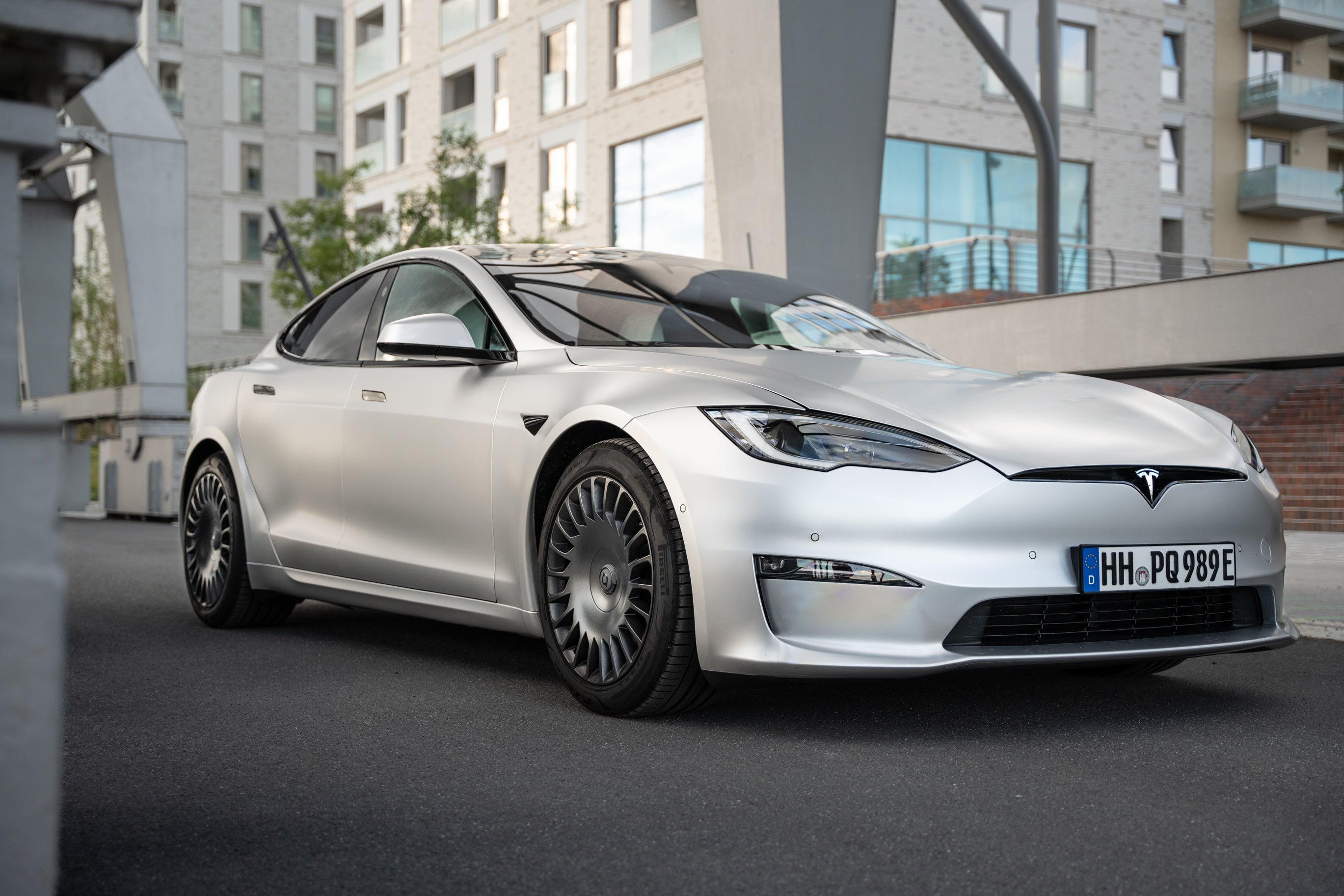China has made a remarkable progress in electromobility. In July 2024, electric cars in China for the first time provided the majority of the newly approved vehicles. According to the China Passenger Car Association (CPCA), around 878,000 New Energy Vehicles (NEVS), including battery-electric cars and plug-in hybrids, were re-registered last month. This corresponds to a share of 50.7 percent of all new registrations and marks a new record.
Key statistics and trends
1st record share of 50.7 percent
In July 2024, electric cars reached the previous record of 50.7 percent of all new registrations in China. This significant increase shows that China's electric car market grows much faster than originally forecast. The Chinese government originally set a goal of 50 percent electric cars by 2025, but the current trend shows that this goal could possibly be achieved earlier.
2nd decline in the overall market
Despite the record of the electric cars, the entire car market in China recorded a decline of 3.1 percent compared to July 2023. This is in accordance with the general economic uncertainty and the economic situation in China, which has been negative since January 2024 Total sales. However, there is a positive development in the electric cars that benefit from this trend.
3. Strong performance of domestic brands
Local Chinese car brands such as BYD and Li Auto set up new sales records in July. These companies benefit particularly from the increasing demand for electric vehicles and state subsidies that continue to boost sales.
Compared to other markets
Germany and Europe
Compared to China, Germany is far ago in the share of e-cars in the new registrations. In July 2024, electric cars and plug-in hybrids made up about 19 percent of new registrations, which is a decline compared to the previous year. In July 2023, the proportion of electric cars alone was around 20 percent. The abolition of the purchase bonus for electric cars probably contributed to this decline.
Subventions and incentives
In China, the direct grants of the central government expired at the end of 2022, but other subsidies such as the VAT exemption for many electric vehicles remain. In addition, restrictive approval conditions in large cities such as Beijing, where upper limits exist for new cars, ensure that electric cars are preferred. In April 2024, a new state purchase bonus of up to 20,000 yuan (approx. 2,550 euros) was also introduced, which is to further stimulate sales.
Global context
China also leads to the number of overall approved electric cars. At the turn of 2024, over 23 million electric cars were already on the road in China, which makes up more than half of the global inventory. While higher market shares of up to 96 percent for electric cars are achieved in some Northern European countries such as Norway, the absolute numbers there are significantly lower than in China.
Conclusion
China's progress in the field of electromobility are impressive proof of the efficiency and success of the environmental and transport policy there. The introduction of electric vehicles on a large scale shows that China has improved both the infrastructure and the political framework in order to promote switching to sustainable vehicle technologies. The quick adaptation and success of domestic brands underline the dynamic change in the largest car market in the world.






































